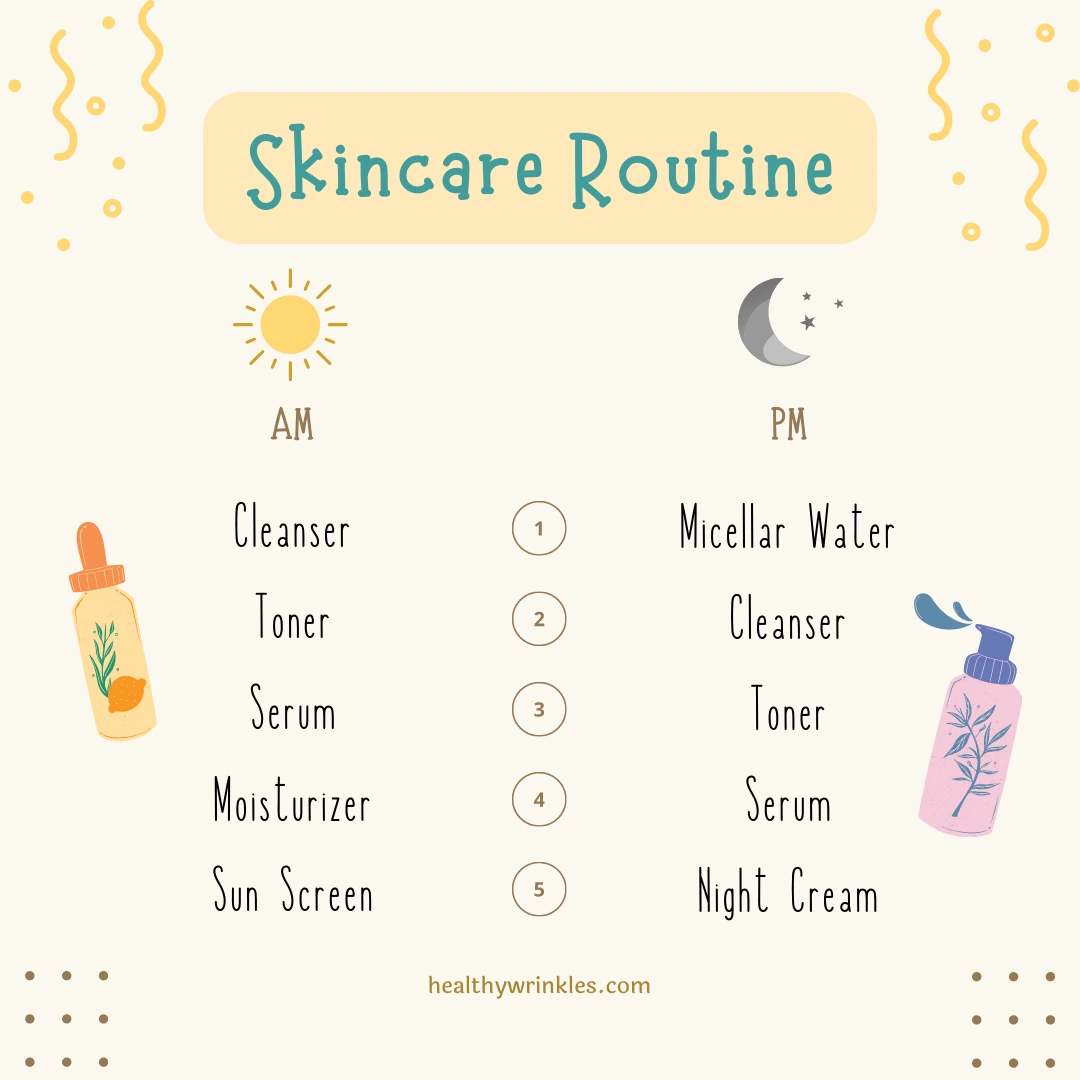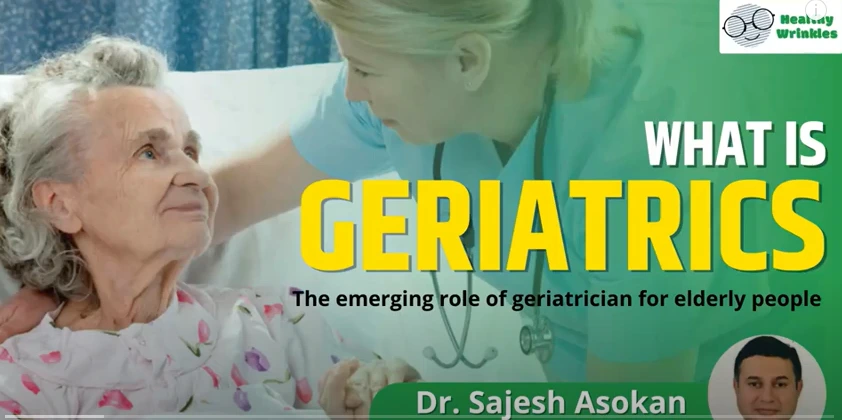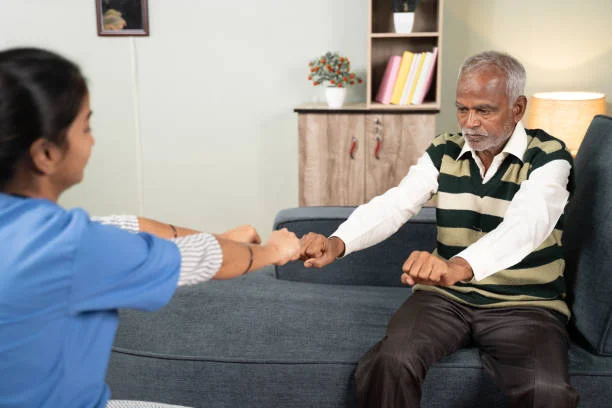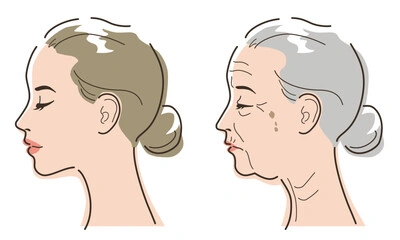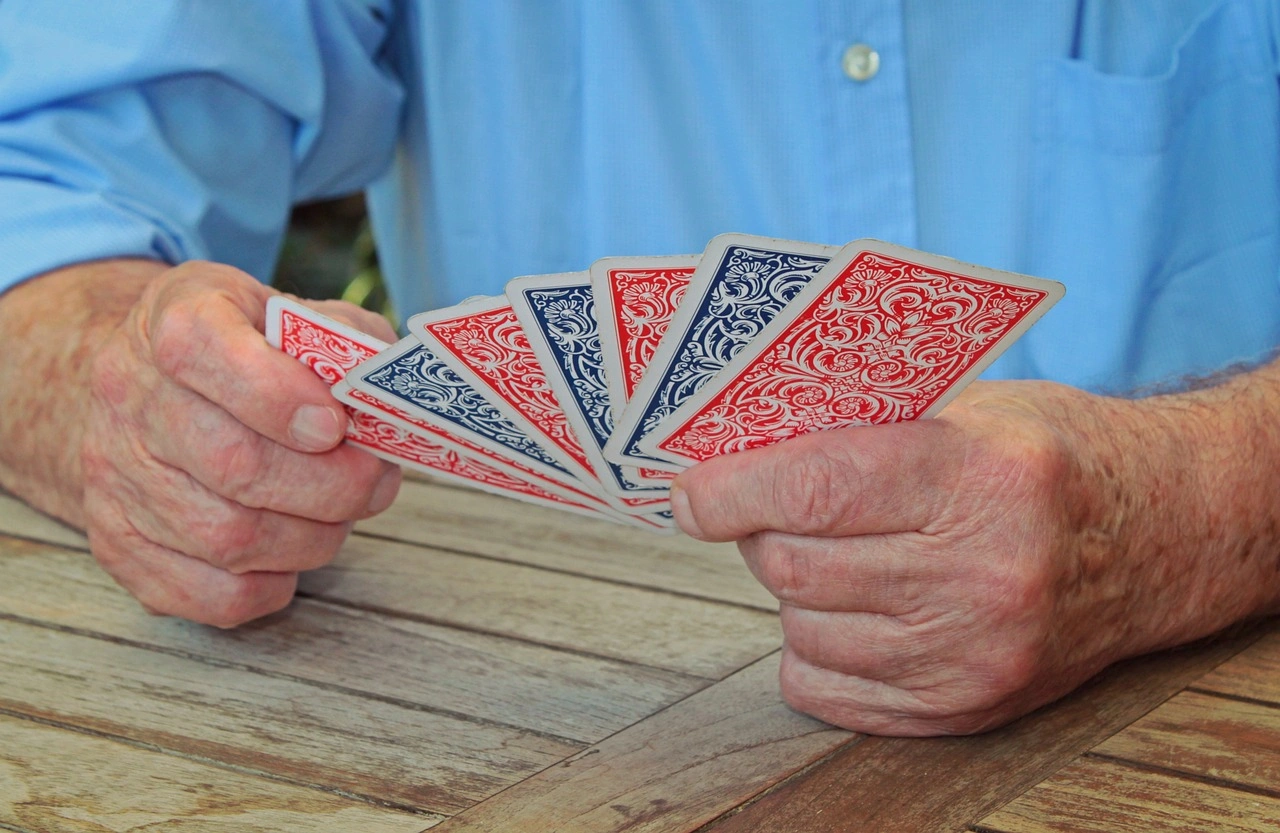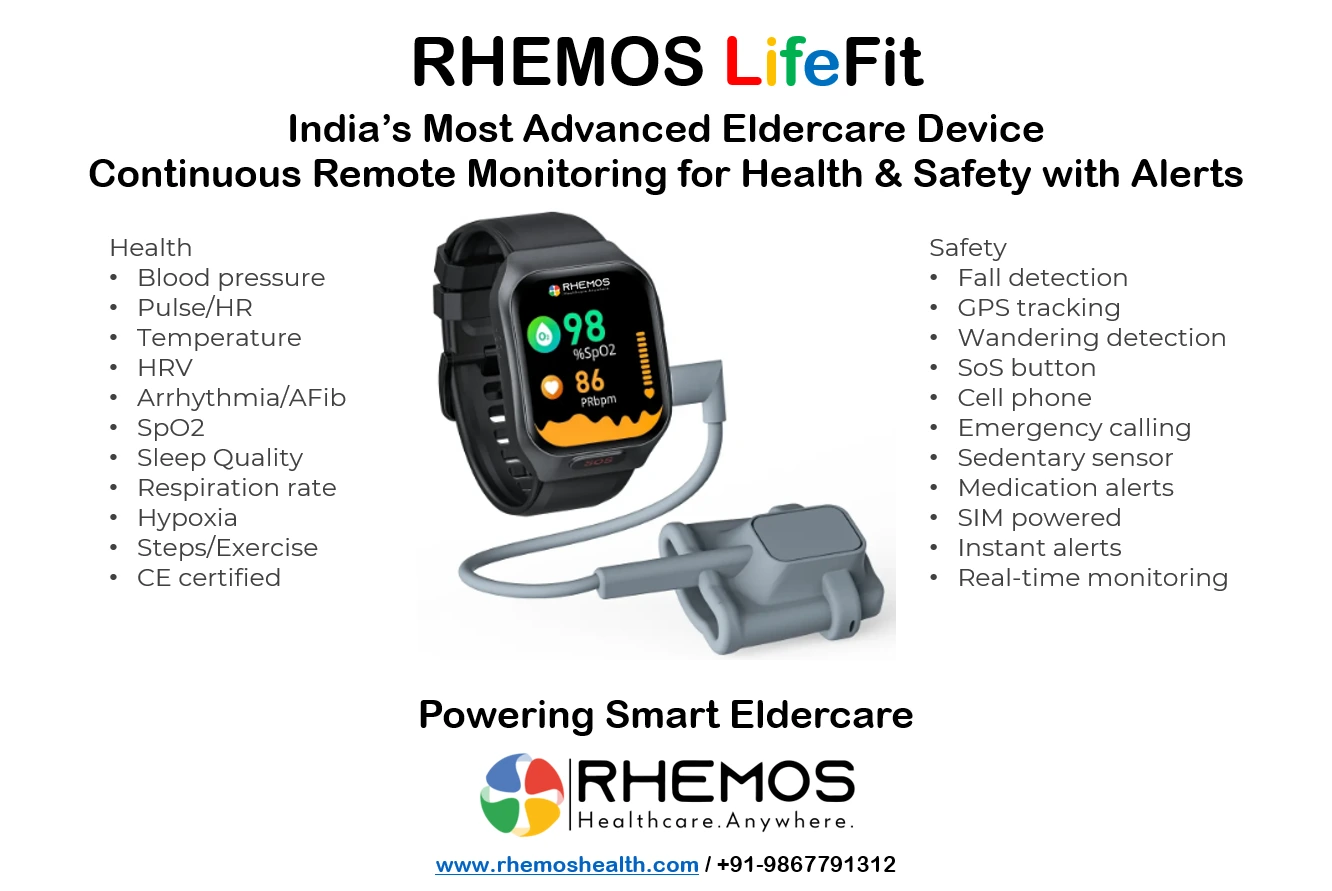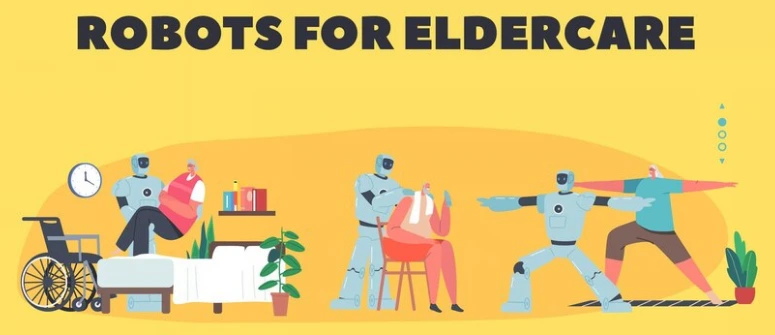The Importance of Healthcare Robots in Elder Care
27-09-24
People are living longer lives as a result of significant advances in healthcare and lifestyle over the last century. While modern-day lifespan is a wonderful achievement, it also poses issues regarding caring for an increasingly aged population.
Elder care is a supply and demand problem. As the elderly population grows, the number of carers does not increase in lockstep. Japan anticipates a 1 million caregiver shortfall by 2025. In the United States, the proportion of people aged 65 and more is predicted to rise to around 26% of the population by 2050. The relative scarcity of individuals capable of caring for the elderly is what drives up the price of elderly care and causes a burden.
The development and acceptance of robot elderly care is one answer to this supply and demand problem.
The Importance of Healthcare Robots in Elder Care
Using medical robotic care for the elderly will drastically cut the current enormous costs of elderly care. Furthermore, as the ratio of elderly to nonelderly people shifts, it will make up the slack in terms of the number of caregivers available.
Medical robots in healthcare are a rapidly expanding business. Medical robot sales surged 73% in 2017 over 2016, accounting for 2.7% of total professional service robot sales, according to the International Federation of Robotics World Robotics 2018 Service Robots report.
Medical robotics can assist the elderly in a variety of ways:
● Small activities such as collecting food and water can be performed by robots.
● Some elder care robots address social and emotional needs by offering amusement through games, reminding them of events and appointments, and engaging them in social activities.
● Other eldercare robots take a more direct, physical approach, employing powerful hydraulics to assist seniors with mobility and transportation.
Dementia Care and Robots
Given the high number of individuals who have dementia or care for someone who has dementia, robotic help for carers is crucial. One specific use of robotics in dementia care is the treatment of "sundowners syndrome," a poorly understood condition in which dementia patients grow increasingly agitated and nervous as late afternoon turns to evening.
Pet-style robots can help reduce the symptoms of sundowner's syndrome. Pet-style robots can help patients suffering from dementia boost their mood and reduce the effects of sundowner's syndrome. As medical robotics technology advances, the applications of robots in homes and senior care facilities to improve the quality of life for seniors and their caretakers will increase.











